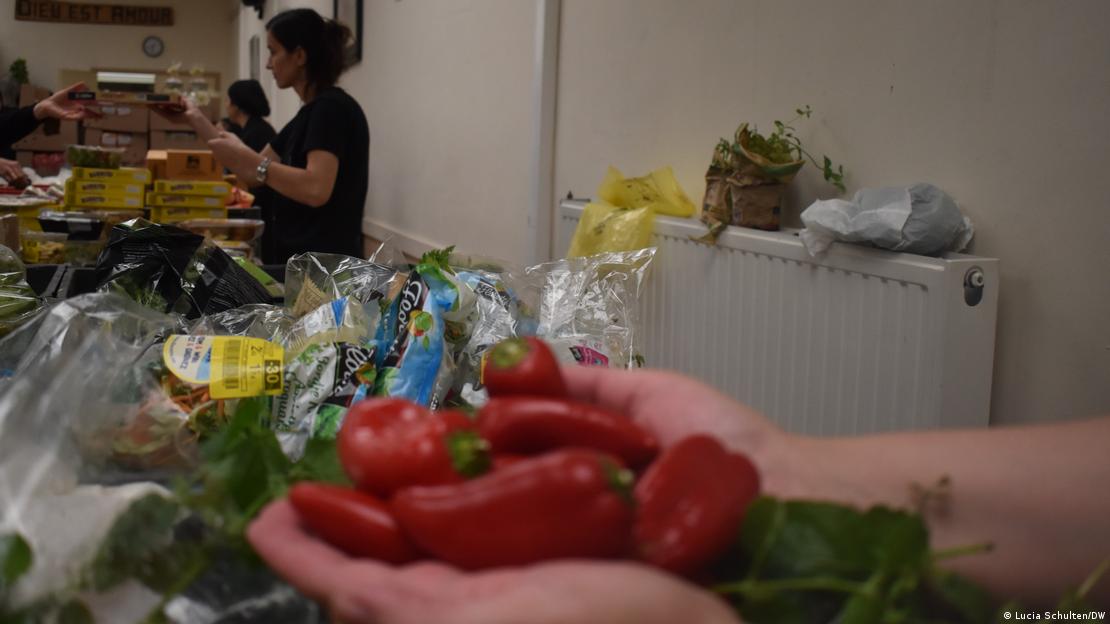The Brussels region in Belgium wants to introduce legal obligations for large supermarkets to donate unsold food. It is not the first time an EU country introduces legislation on food donations. Does it work?
In the Brussels area, regional minister Alain Maron says in a statement on his website that there are 70.000 people that rely on food banks. Starting in 2024 he wants to oblige stores with a surface area of more than 1.000 square meters to donate unsold – but still consumable – food. A draft decree passed in a first reading and has to undergo further legislative steps.
Belgium is not the first country that wants to introduce legislation that deals with food donations from supermarkets. Other countries take various approaches, including obliging retailers to sign agreements for food donations, offering fiscal incentives or simplifying administrative procedures, or encouraging voluntary agreements rather than legislation. Spain is also planning to introduce laws to reduce food waste.
Asked by DW whether this kind of legislation changes the situation for food banks, the association answered “that depending on the country, the implementation of these approaches has led to increased or decreased quantity of food donations,” the statement reads. However, the main change was “a greater focus on the issue of food donation and a reinforced dialogue between all parties involved.”
Paul Milbourne, social geographer at Cardiff University, tells DW that even though “every little helps”, the bigger question of why there is food waste is not addressed in any of these initiatives. He believes the supermarket retail model includes an element of surplus and that the aspect of the overproduction of food is not addressed.
Food waste does not only come from supermarkets. According to the EU Commission, over 50% of the food waste comes from households. By 2030, the EU wants to introduce legally binding targets to reduce food waste. In July, the EU Commission proposed to reduce food waste by 10% in processing and manufacturing and 30% per capita in retail and consumption. These proposals though still need to be discussed by the EU parliament and the member states.




